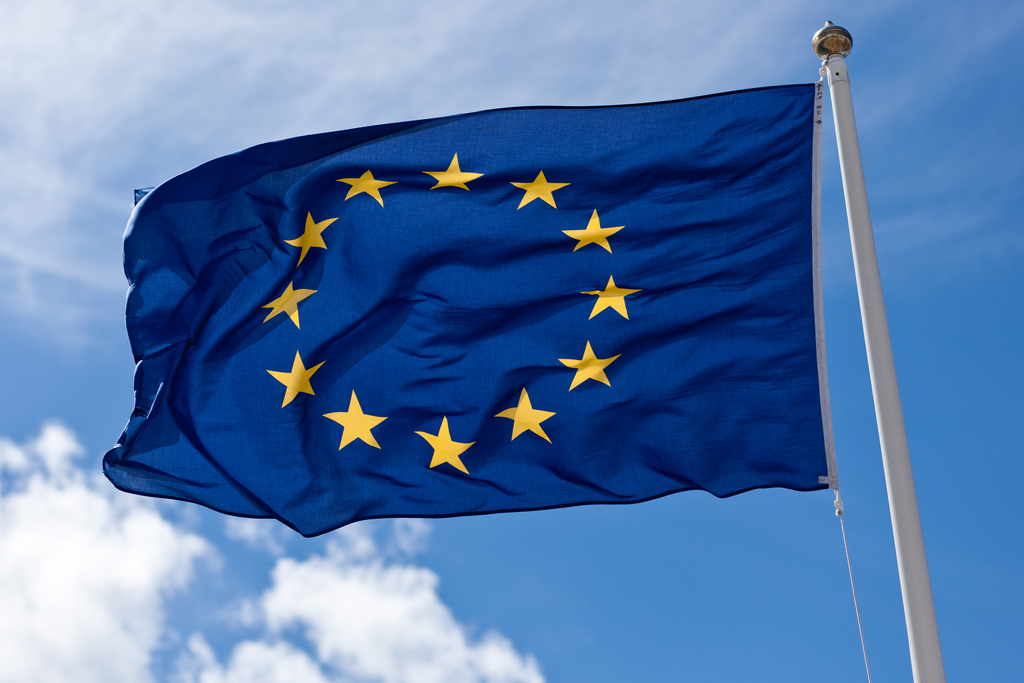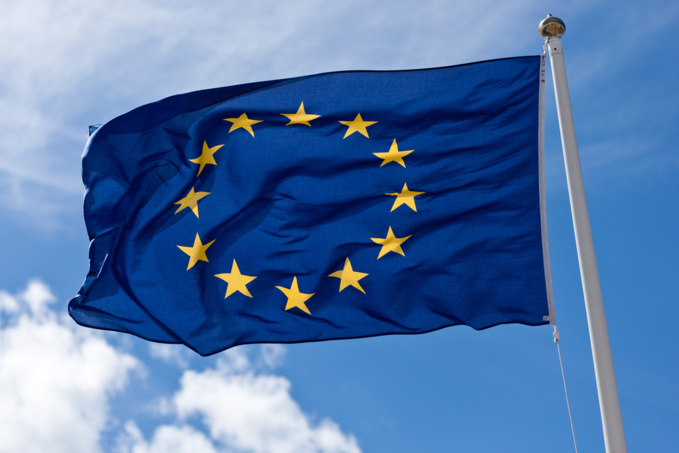The risk premiums in euros and European assets are likely to disappear after the French elections, senior investor of the Danish bank Steen Jakobsen said. Economic growth of the European region can surpass growth in the US during Donald Trump’s presidency, as excessive expectations about his policy on reflationary policy are dying out, he added.
"If number of immigrants coming to Europe does not increases significantly, then the European elections are not an event", Jakobsen said in an interview to Bloomberg.
Now the cheapest and most undervalued assets in the world are European assets, the European currency, French stocks. If France and Germany weren’t preparing to elections, the euro would already be traded at $ 1.12- $ 1.13".
The risk premium for France's debt on German bonds doubled from 62 from the end of June, which partly reflects concerns that leader of the far-right National Front party Marin Le Pen wins the election. During the same period, the euro fell by about 4% against the dollar.
Jakobsen had a more "bearish" attitude than the market consensus on the prospects for the US economy. In his view, there is a 60% chance of a recession in the US over the next 12 months compared to a 15% chance in Bloomberg's latest forecast.
He reckons that the US dollar is too expensive, and said that investors who depend on US markets as a reservoir for excess capital are at risk.
The Bloomberg dollar index has experienced the worst three months in the fourth quarter of the year, as Trump's health care bill did not pass the congressional hearing, raising concerns about further implementation of Trump's economic stimulus plans.
A member of the ECB's managing board, Erkki Liikanen, said in an interview this weekend that there are still not enough facts and details about economic policies of the US White House’s Head.
After the November elections, the S&P index rose about 12% to a record level in early March, and closed down about a quarter of a percent lower. Yield of 10-year treasuries rose to a two-year high of 2.64% in mid-December, after which it fell to about 2.42%. In addition, the representative of Saxo Bank remained optimistic about US fixed-income securities.
Earlier, ECB Executive Board member Benoit Coeuré said that the European Central Bank does not see evidence that its large-scale stimulus program hinders the normal functioning of financial markets, despite the negative yield on some bonds and new signs of a bond deficit.
His comments followed a spike in the cost of borrowing bonds of Germany and France, which was observed on last Friday and showed that investors are facing difficulties in finding a sufficient number of high-rated bonds to use as a security for their trading positions.
Political risks in some European countries and stricter financial rules introduced after the crisis lead to an increase in demand for Germany's short-term government bonds and pushed yields of these bonds deeper into negative territory, Coeuré said.
source: bloomberg.com
"If number of immigrants coming to Europe does not increases significantly, then the European elections are not an event", Jakobsen said in an interview to Bloomberg.
Now the cheapest and most undervalued assets in the world are European assets, the European currency, French stocks. If France and Germany weren’t preparing to elections, the euro would already be traded at $ 1.12- $ 1.13".
The risk premium for France's debt on German bonds doubled from 62 from the end of June, which partly reflects concerns that leader of the far-right National Front party Marin Le Pen wins the election. During the same period, the euro fell by about 4% against the dollar.
Jakobsen had a more "bearish" attitude than the market consensus on the prospects for the US economy. In his view, there is a 60% chance of a recession in the US over the next 12 months compared to a 15% chance in Bloomberg's latest forecast.
He reckons that the US dollar is too expensive, and said that investors who depend on US markets as a reservoir for excess capital are at risk.
The Bloomberg dollar index has experienced the worst three months in the fourth quarter of the year, as Trump's health care bill did not pass the congressional hearing, raising concerns about further implementation of Trump's economic stimulus plans.
A member of the ECB's managing board, Erkki Liikanen, said in an interview this weekend that there are still not enough facts and details about economic policies of the US White House’s Head.
After the November elections, the S&P index rose about 12% to a record level in early March, and closed down about a quarter of a percent lower. Yield of 10-year treasuries rose to a two-year high of 2.64% in mid-December, after which it fell to about 2.42%. In addition, the representative of Saxo Bank remained optimistic about US fixed-income securities.
Earlier, ECB Executive Board member Benoit Coeuré said that the European Central Bank does not see evidence that its large-scale stimulus program hinders the normal functioning of financial markets, despite the negative yield on some bonds and new signs of a bond deficit.
His comments followed a spike in the cost of borrowing bonds of Germany and France, which was observed on last Friday and showed that investors are facing difficulties in finding a sufficient number of high-rated bonds to use as a security for their trading positions.
Political risks in some European countries and stricter financial rules introduced after the crisis lead to an increase in demand for Germany's short-term government bonds and pushed yields of these bonds deeper into negative territory, Coeuré said.
source: bloomberg.com



















